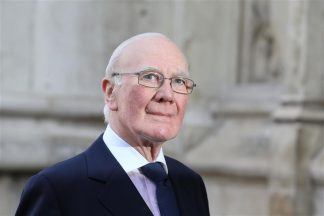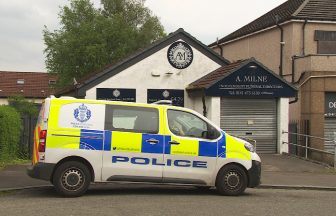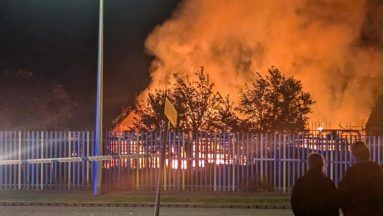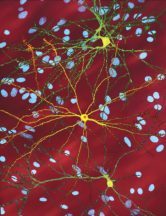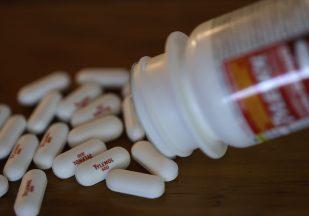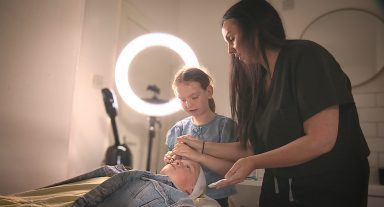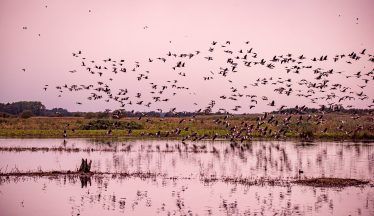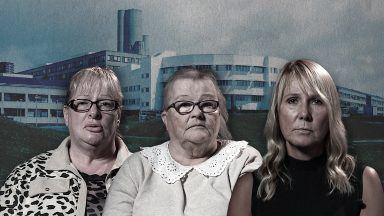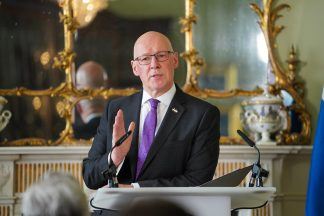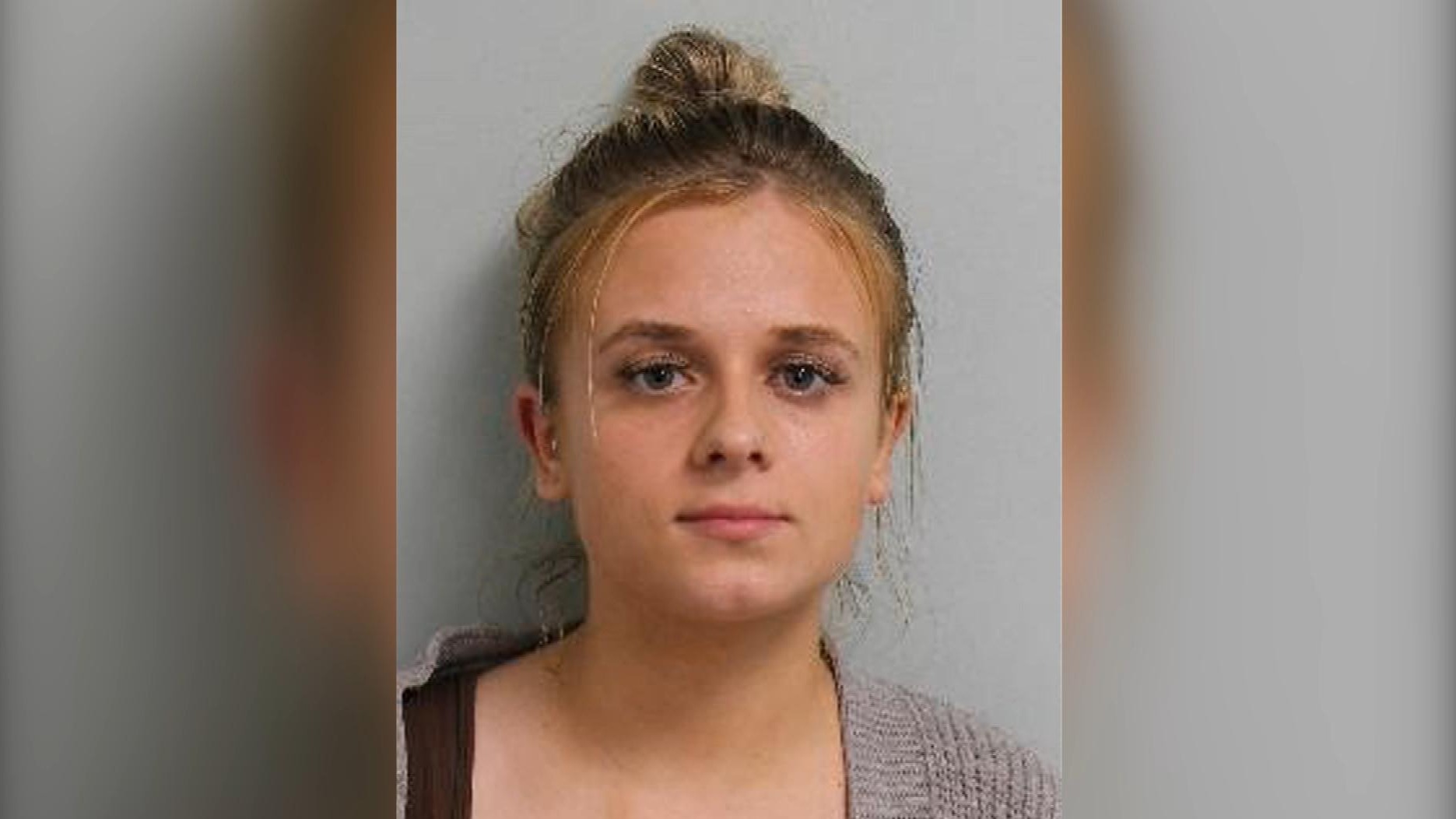No cervical cancer cases have been detected in women who have been fully vaccinated against HPV, Public Health Scotland has revealed.
It comes after the human papillomavirus (HPV) immunisation programme was rolled out to girls aged 12-13 in Scotland in 2008.
A study published by Public Health Scotland, in collaboration with the universities of Strathclyde and Edinburgh, found the HPV vaccine was “highly effective” in preventing the development of cervical cancer.
HPV, a common virus usually spread through sexual contact, is responsible for almost all cases of cervical cancer – the fourth-most common cause of cancer in women worldwide.
Dr Kirsty Roy, consultant in health protection and co-author of the study, said: “This study involves every woman in Scotland who is eligible for the cervical cancer screening programme and demonstrates the impact of the HPV vaccine in preventing cervical cancer.
“It shows how effective the HPV vaccine is as there have been no cervical cancer cases to date in fully vaccinated women who were given their first dose at age 12-13 years.
“Vaccination against HPV is shown to be effective in preventing cervical cancer, and along with regular screening for early detection and treatment, it is possible to make cervical cancer a rare disease.”
Dr Claire Cameron, consultant in Health Protection, PHS said: “By continuing to vaccinate against HPV-related cancers, and encouraging uptake of screening, we hope to see them eliminated in the future.
“I would encourage all S1 pupils in Scotland to take up the offer of the free HPV vaccine in the coming months to protect themselves against future risks.
“PHS is working closely with Scottish Government and local health boards to ensure the continued uptake of the key cervical cancer prevention measures – the HPV vaccine and routine screening.”
Two genotypes of the HPV, 16 and 18, are responsible for around 80% of cervical cancers in Scotland alone.
Minister for public health Jenni Minto said the HPV vaccination program is having a “huge impact” on preventing cancers.
She said: “We welcome the findings of this report which shows there have been no cases of cervical cancer detected to date in fully vaccinated women who were given their first dose at aged 12 and 13 years old. The HPV vaccine programme is having a huge impact on preventing these cancers for those who have been vaccinated.
“Vaccination and screening remain the most effective ways of preventing and detecting cervical cancer and I would encourage those eligible to come forward to have the vaccine or attend screening appointments.”
Follow STV News on WhatsApp
Scan the QR code on your mobile device for all the latest news from around the country


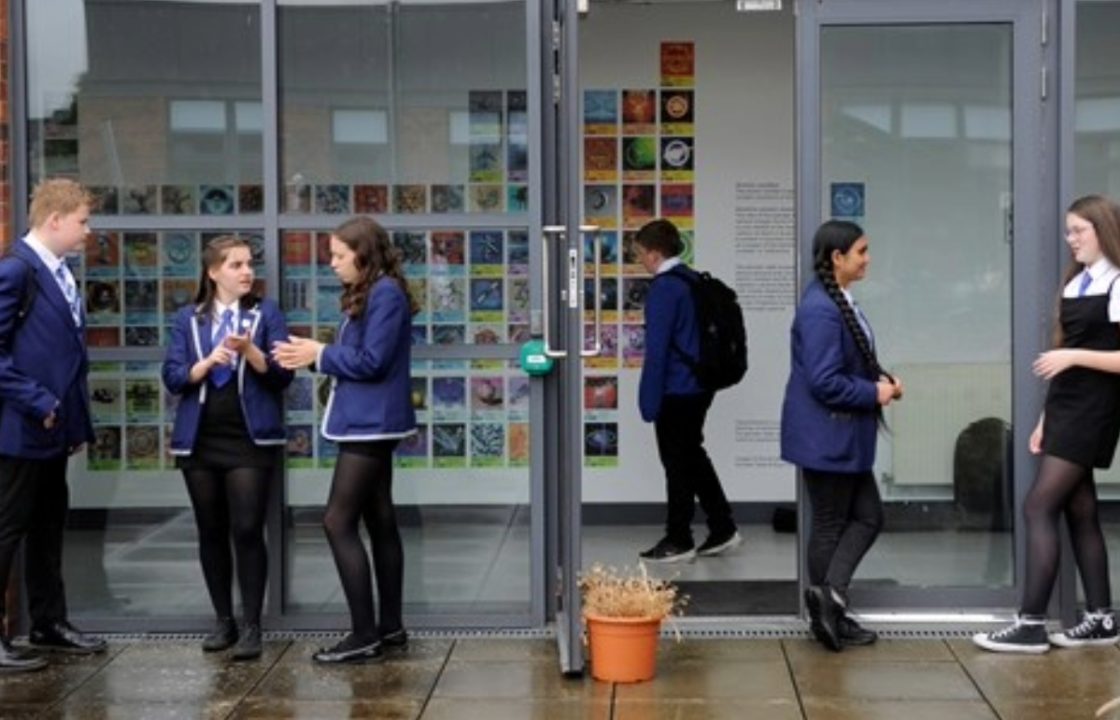 Public Health Scotland via Supplied
Public Health Scotland via Supplied

